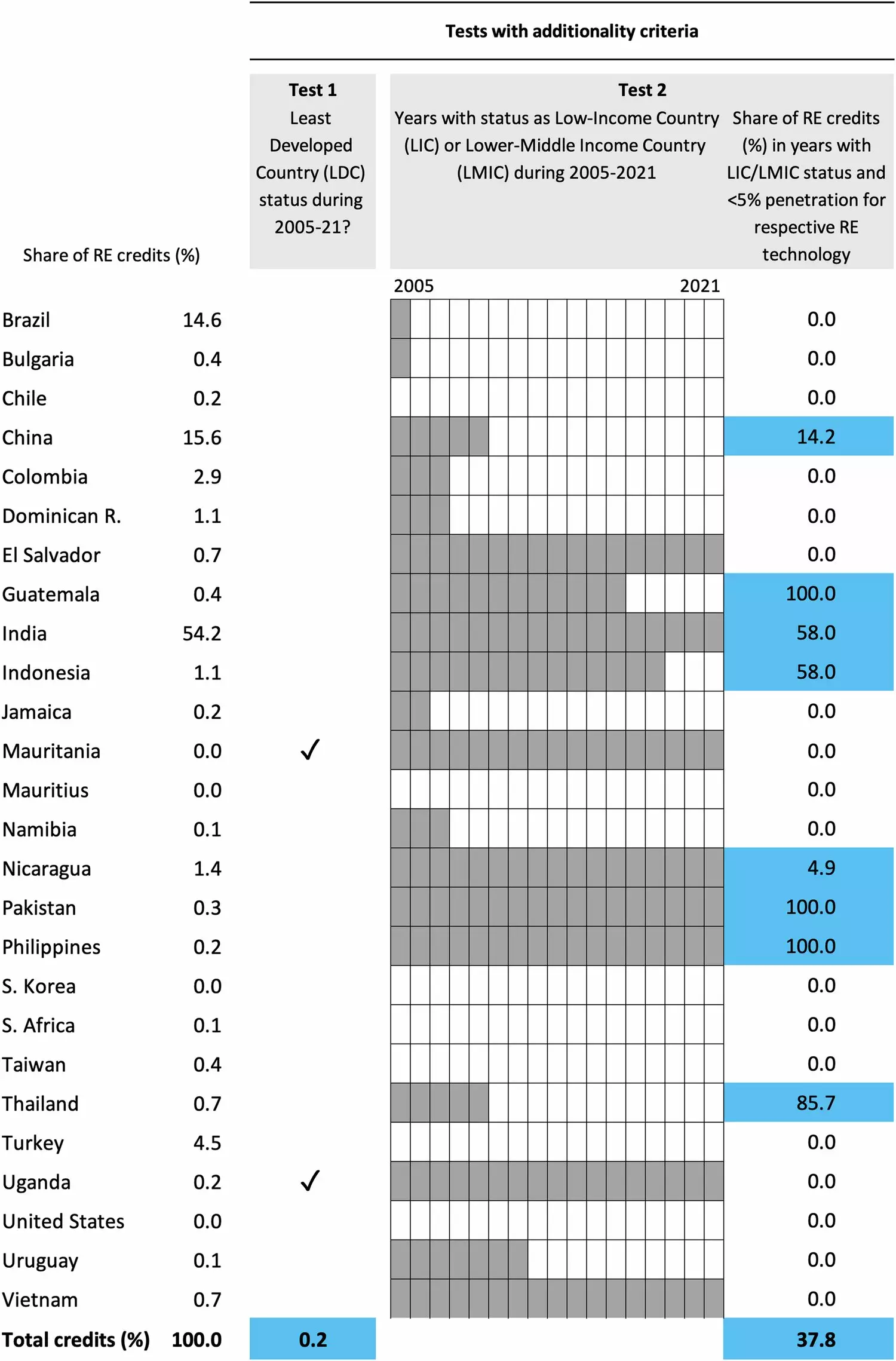In recent years, corporations have increasingly promoted their commitment to sustainability claims of carbon reduction or neutrality. However, an analysis reveals that many of these assertions may lack substance when scrutinized. A study conducted by Kyoto University highlights troubling trends in how prominent companies are engaging with the voluntary carbon market (VCM). As firms from various sectors—oil, aviation, automotive, and logistics—retire carbon offsets, their methods often come into question, casting doubt on the effectiveness of their environmental commitments.
Analyzing the Research Findings
The Kyoto University study, which spans the years 2020 to 2023 and relies on data from major carbon offset registries, reveals critical insights about the quality of offsets being utilized. Notably, the companies assessed accounted for over 20% of all offsets removed from global registries. The unsettling revelation is that these offsets primarily originate from low-quality, inexpensive projects often tied to outdated initiatives from a decade ago. Lead author Gregory Trencher emphasizes that despite the scale of commitments to net-zero emissions targets, a significant portion of these retirement practices does not adhere to recognized quality standards.
The study indicates that corporations tend to prioritize cost over quality, suggesting a strategic choice to utilize budget-friendly offsets rather than investing in genuine climate solutions. Such behavior raises questions about the integrity of their claims. With most of the analyzed companies setting ambitious climate goals and marketing themselves as “climate neutral,” the study paints a concerning picture of “greenwashing,” or the act of misleading the public into believing their activities are environmentally friendly.
The findings of this research shine a light on broader systemic issues within the VCM. Trencher notes that both supply and demand factors contribute to the quality concerns associated with carbon offsets. The marketplace appears mired in a cycle where companies seek cheaper options that ultimately do not foster new projects aimed at combating climate change. This highlights a critical need for robust policies that mandate substantial changes in operations, rather than allowing corporations to circumvent responsibility through superficial offsets.
As the discourse around environmental accountability intensifies, it is imperative for businesses to reassess their strategies regarding carbon offsets. The Kyoto University study serves as a wake-up call for stakeholders across the globe, prompting a critical evaluation of the voluntary carbon market’s role in genuine environmental progress. Without firm regulations and a commitment to quality, the market risks undermining the efforts to combat climate change, leaving the onus on governments and regulators to enforce more stringent practices that ensure real and lasting environmental impact.

